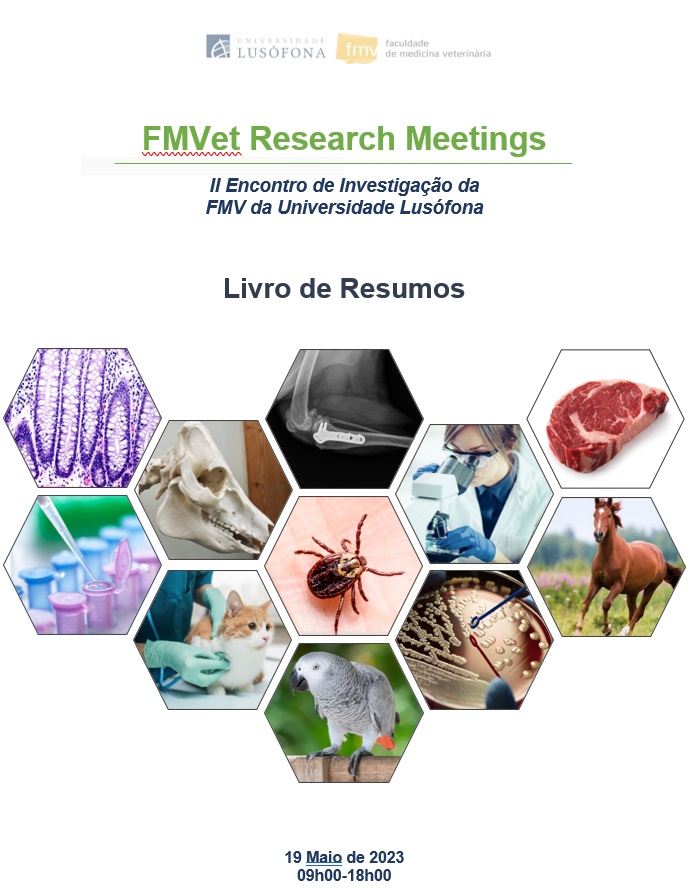Non-Helicobacter pylori in feline gastrointestinal neoplasia.
Resumo
Objectives: Over the last two decades, bacterial mucosal colonization, particularly involving non-H. pylori helicobacters (NHPH), has been highlighted as a potential oncogenic factor in feline gastric lymphoma and poorly differentiated large intestinal adenocarcinoma. Our aim was to validate simple molecular diagnostic techniques to identify the presence of specific Helicobacter species in feline gastrointestinal (GI) tract.
Materials and Methods: DNA was extracted from 25 paraffin-embedded tissue from any portion of the GI tract with a previous histopathological diagnosis of lymphoma or gastric adenocarcinoma. The presence of Helicobacter spp. was performed by PCR. All PCR-positive samples were sequenced, and the sequenced PCR products were compared to the GenBank/EMBL/DDBJ databases using the Basic Local Alignment Search Tool (BLAST).
Results: Six samples (33,3%) were Helicobacter spp. PCR-positive. H. heilmannii was the most frequent species, identified in 4 animals. H. ailurogastricus (n=1), H. felis and H. bizzozeronii, were also detected. These last two Helicobacter species were identified in the same cat sample.
Conclusions: Our preliminary results confirm the occurrence of NHPH in distinct regions of the feline gastrointestinal tract. However, more samples will be needed in order to establish a correlation between specific Helicobacter species and feline gastrointestinal manifestations.
Keywords: non-H. pylori helicobacters, feline gastrointestinal carcinogenesis
Funding: This work is part of the exploratory project “Unveiling the Non-Helicobacter pylori role in feline gastrointestinal diseases”, funded by FMV-ULHT in 2022-2023.


